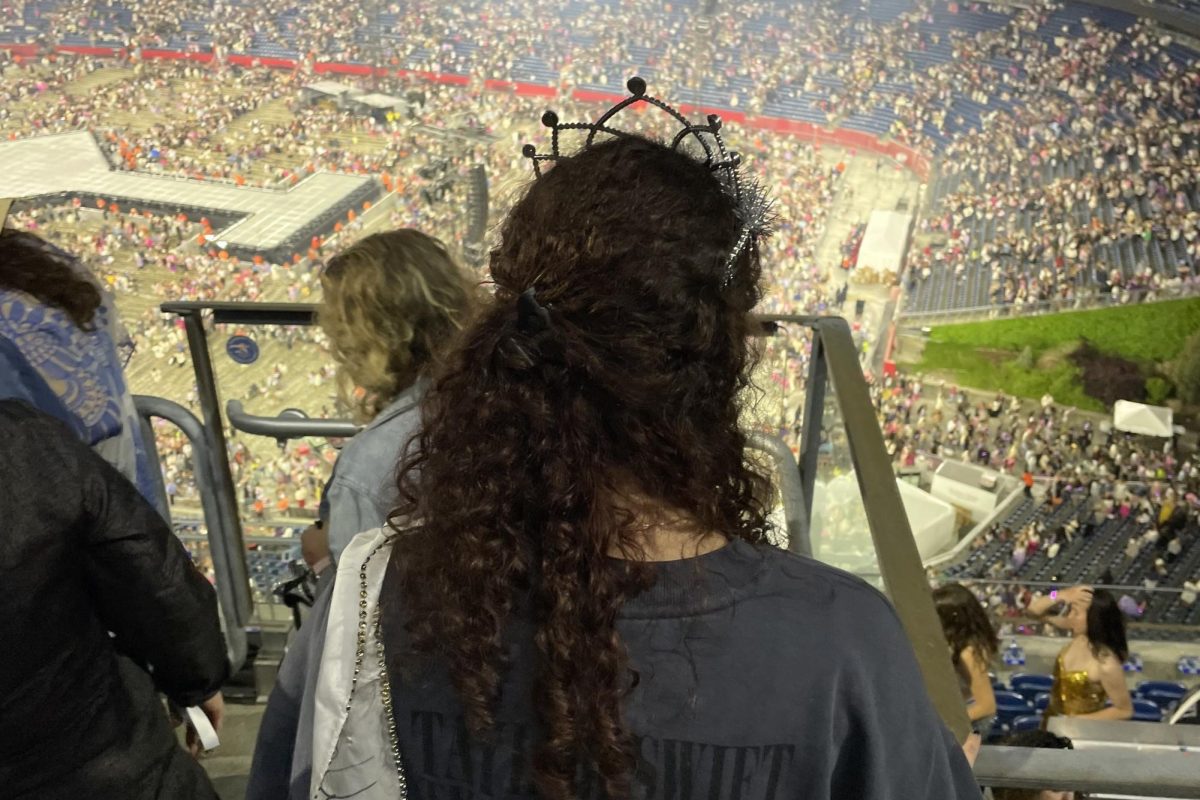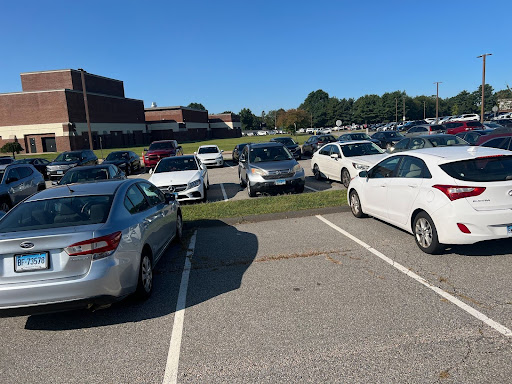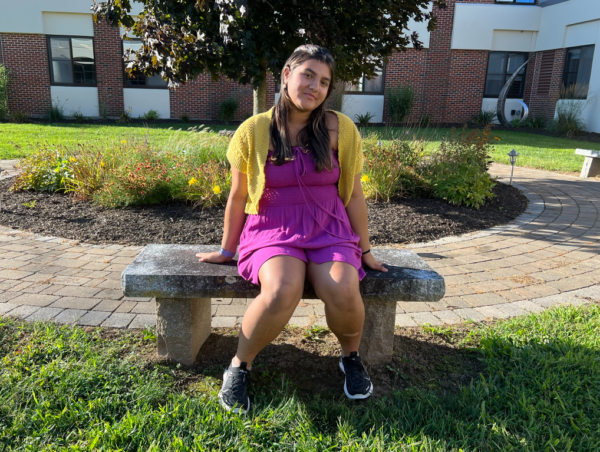This past Friday, October 27th, Taylor Swift released 1989 (Taylor’s Version), making this her fourth re-recorded album out of six. Swift’s fame has skyrocketed since she first announced her plan to re-record her first 6 albums, in 2019, and many newer fans have been wondering her reason for this move. Some critics have even gone so far as to claim it as a “dramatic” move on her part.
I personally believe that it is crucial for artists to have ownership over their work, because it’s extremely easy for the music industry to take advantage of young artists’ talent, and passion for their work. Not only is Swift reclaiming her own rights over her music, but she is also bringing awareness to this treatment to emerging artists.
“She is unapologetically a change-maker,” commented senior Sofiya Vyshnovsky.
Although Swift has insurmountable amounts of fame now, she did not start out that way. Swift, who signed to Big Machine Records in 2005, was new to the industry and had no idea how her stardom would blow up in the following years. Her Big Machine contract ended in 2018, but in that time she had released 6 award-winning albums. The original contract did give Big Machine ownership of the original recordings, or the masters, which is pretty common in the music industry.
When the time came for a sale to be discussed, Swift wanted the chance to buy back her original work. She was, however, offered an extremely unfavorable deal, which included her ‘earning’ back her albums, one at a time.
June 2019, when the sale to Scooter Braun was inevitably made, Swift was left completely in the dark about who the new owner of her work would be. Upon discovery, Swift made an emotional Tumblr Post, depicting the bullying she had received from Scooter and his clients over the years, just for him to now possess the rights to her life’s work.
Through the initial upset and frustration about being pushed off of her music, she decided to reclaim what was hers. After signing with her new studio, Universal Music Group and Republic Records, she negotiated a contract which gave her ownership to all her previous work. Additionally, she mentioned previously in a 2019 interview, that she would be re-recording her first 6 albums, to own her work.
Beyond a business perspective of wanting to reap the profits of her hard work, Swift felt an emotional connection to the work she had spent so much of her life working on.
One of the most crucial goals she hoped to achieve with this action was to teach other artists, especially younger ones, to know their worth when signing and negotiating contracts. She has shown this by providing support to fellow artists when struggling with unfair labels, such as donating $250,000 to Ke$ha while she was fighting her own legal battle to produce more work.
Her impact goes beyond just the music industry though. Swift has an enormous fan-base throughout the world, but the people who make up most of that population are teenage girls, who are the age Swift was when she first started producing music. These girls see this fight as something to look up to, and push them to defend themselves and work smarter in a system that often takes advantage of them.
“I think it’s really inspirational that she’s taking back what’s hers,” said Ava Schunder, a high school senior. Her efforts have been inspirational, showing young fans that there is a way out of less than favorable situations. Amidst the hate coming from Scooter Braun and his allies, Swift has stayed firm in her decision, once again proving herself an exceptional role model for people around the globe.










